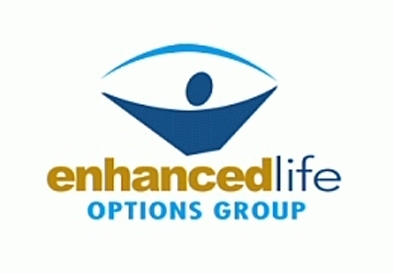1. Can I be taxed on third-party contributions to my 529 ABLE account?
Generally, contributions to the ABLE account are treated as non-taxable gifts to the account owner and the third party contribution limit to a 529 ABLE account is the same as the gift tax limit under the IRS tax code. However, if a third-party contributor makes other gifts to the ABLE account owner in addition to the ABLE contribution and the total aggregate amount of all gifts exceeds $15,000, the contribution limit this year, it could give rise to a gift tax liability.
An ABLE program must return excess contributions, including any interest earned on the extra contributions. The last funds received must be returned to the contributor(s) on or before the due date, including extensions, for the federal income tax return of the ABLE account owner, for the tax year in which the excess contribution or excess aggregate contribution was made. Visit the 2020 IRS 1099 Instructions for more information.
2. If funds in my 529 College Savings Plan are rolled over to a 529 ABLE account, are there any adverse tax consequences?
It depends. The IRS allows one tax-free rollover of a 529 account per beneficiary in a 12-month period. If you violate the 12-month rule, you must treat the transaction as a non-qualified distribution and pay federal income tax and a 10% penalty on the earnings portion.
If you have not rolled over a 529 account in the 12-month period, a 529 to 529 ABLE account rollover within the same state is generally not subject to adverse state tax consequences. However, if you roll over a 529 state college savings plan to an ABLE account in another State, the earnings portion of the rollover may be subject to state income tax. Also, the rollover may be subject to taxation to recapture a state tax deduction if the account owner previously deducted it.
Finally, the Internal Revenue Service Notices 2001-81, 2001-52 and IRB 617 state that the distributing 529 plan must provide a breakdown of the earnings portion of the rollover amount to the recipient 529 ABLE plan. Until the recipient 529 ABLE plan receives appropriate documentation showing the earnings portion, the entire rollover amount is treatable as earnings. As a promising practice, it is helpful to include a statement from the 529 account that shows the breakdown of the contributions/principal and the earnings to verify this rollover to the 529 ABLE program. For more information, please visit Guidance on Recontributions, Rollovers and Qualified Higher Education Expenses under Section 529.
Please consult your tax practitioner for further advice and information.
3. Can I make a 529 ABLE program transfer to another 529 ABLE program for someone who is a non-family member?
Yes, you can make the transfer. However, there may be tax consequences. A transfer of funds that do not meet the IRS rules for program to program transfers constitutes a non-qualified withdrawal subject to federal income tax on the earnings portion and an additional 10% tax. It may negatively affect the account owner’s eligibility for federal or state benefits. Further, a transfer to a person who is not a member of the family may subject the designated beneficiary to other taxes such as federal gift taxes and “generation-skipping transfer” taxes.
https://www.ablenrc.org/march-april-2020-achievable-newsletter/#ssa-news-flash



